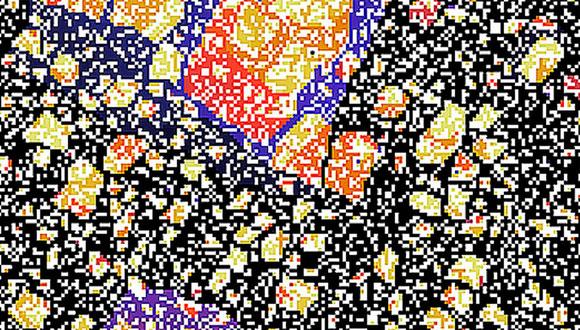סמינר לפיזיקה של מערכות ביולוגיות וחומרים רכים: Relaxation, Decoherence and Disease: Using Nuclear Magnetic Resonance to Study the Brain's Physiology
Dr. Assaf Tal, Weizmann Institute
Abstract:
The coupling of a system to its surroundings is often viewed as a negative, eliminating coherences and disrupting the external coherent manipulation of a physical system. However, the coupling mechanisms themselves - and associated relaxation times - tell us something about the molecule's environment. When the system is a neurotransmitter or neurometabolite, and the environment is the inside of a cell inside in-vivo tissue, measurements of relaxation times turn into powerful tools for detecting pathophysiological disruptions, often early on during a disease's onset. I will talk about our work on developing measurement tools - termed pulse sequences - which allow us to probe these relaxation times within clinical settings, in vivo, for a range of interesting neurometabolites.


